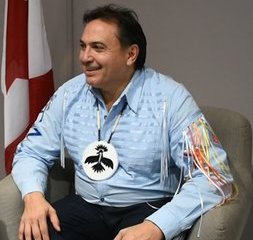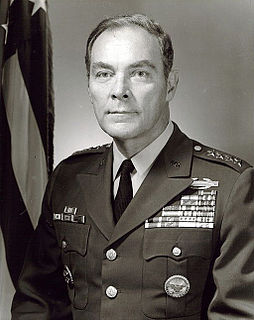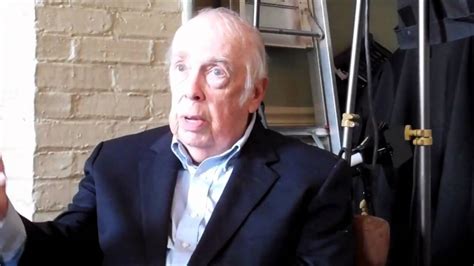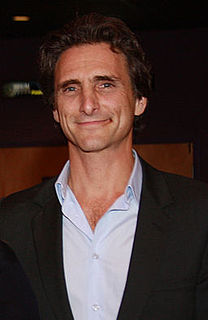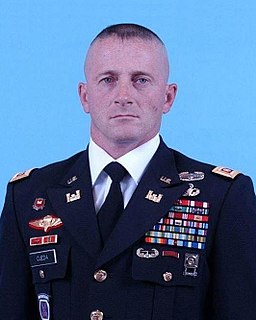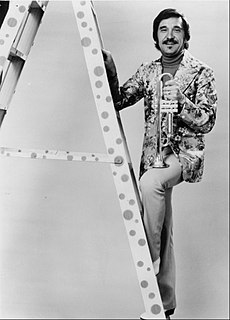A Quote by Oliver Stone
Very few people know that there is a whole school of historians that have existed in the United States from the 1940s and the early '50s that were revisionists. They were attacking the whole basis of the history of the Cold War. People like D.F. Fleming, William Appleman Williams.
Related Quotes
Growing up, the major institutions were school and church. We were taught our culture was no good. We didn't have sundances. The last ones were in the 1940s and '50s. They're starting to come back now. Each reserve is starting to have a Big Lodge and a sundance ceremony. That's what's going to rebuild our people.
I have looked at public opinion polls in France in the late 1940s and early 1950s during the height of Marshall Plan aid. They had a very negative attitude towards the United States then. There were negative attitudes towards the United States because of Vietnam. There were negative attitudes about the United States when Reagan wanted to deploy intermediate range ballistic missiles. I don't think the president should base his foreign policy on American public opinion polls, let alone foreign public opinion polls.
I'd been influenced by reading books on art and colonies that existed in Paris and places like that and so when I came to Europe I came to France and I had very little money, and I had to live low and stayed in a bohemian section of Paris with a lot of other students, who were from medical school, science school and art school. We all lived in a kind of communal way and I was challenged politically, because I didn't have a clue and they would ask me questions about the Algerian War, which was very big in France in the late '50s.
We are confronted with the possibility of a war of such destruction that the whole existence of our nation and of the whole world is at stake. And yet, people know it - people read it in the newspapers, people read that at the first attack, a hundred million Americans might be killed. And yet, they talk about it as if they were talking about something being wrong with the carburetor of their car, perhaps.
That was the reason why very few people fleeing the rise of fascism in Europe, especially in Germany, could get to the United States. And there were famous incidents like with the MS Saint Louis, which brought a lot of immigrants, mostly Jewish, from Europe. It reached Cuba, with people expecting to be admitted to the United States from there. But the administration of Franklin D. Roosevelt wouldn't allow them in and they had to go back to Europe where many of them died in concentration camps.
I lived in a bubble: my whole entire military career where I thought that everything was perfect. And I thought that every time we went overseas and we fought for this country, we were doing it because we were trying to get other people a sliver of the greatness that we have here in the United States of America.


